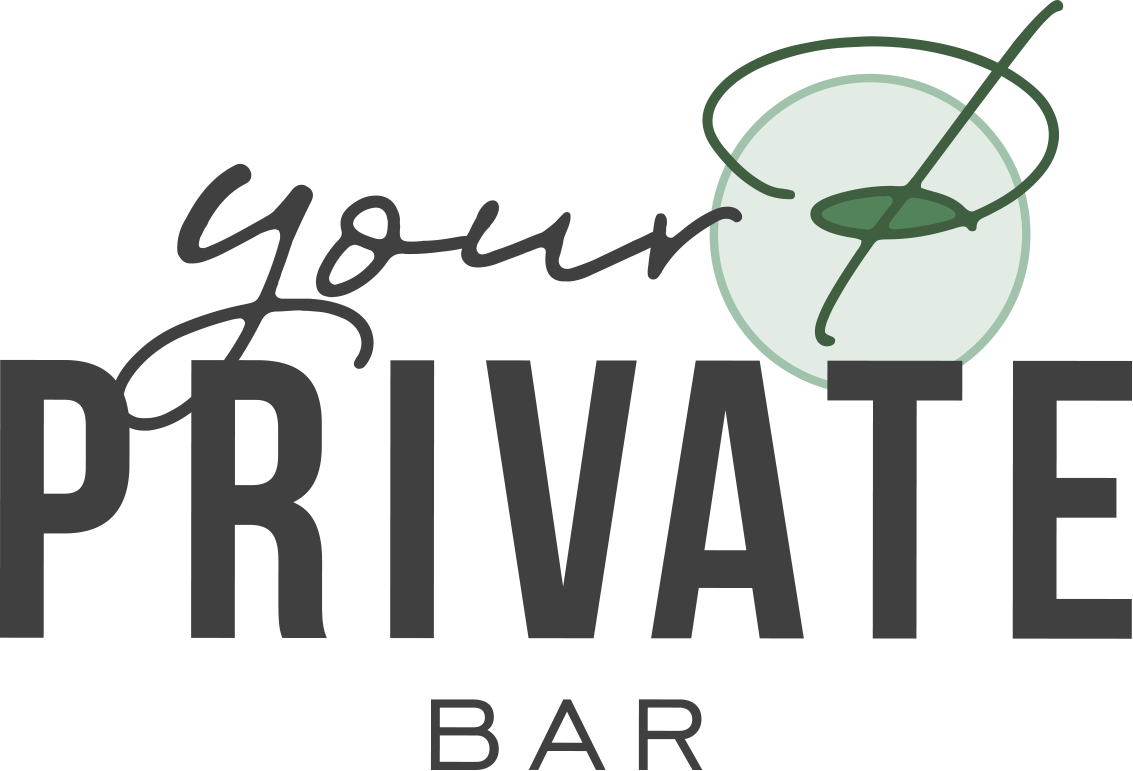In the past few years, seltzers have taken the beverage world by storm. From crowded summer barbecues to quiet evenings on the porch, these light and refreshing drinks have become a go-to option for many. But what exactly are seltzers, and where did this bubbly craze come from? Let's dive into the world of seltzers and explore their origins and growing popularity.
What is a Seltzer?
At its core, a seltzer is a carbonated water, often enhanced with natural or artificial flavors. Think of it as sparkling water but with an added twist of taste. In recent years, the term "seltzer" has expanded to include hard seltzers, which contain alcohol. The most popular hard seltzers are made by fermenting sugars, typically from cane sugar or malted barley, and then adding fruit flavors.
Hard seltzers are known for being light, low in calories, and often gluten-free, making them an appealing alternative to beer, cocktails, or wine. With an average alcohol content of around 4-6% ABV (Alcohol by Volume), they offer a buzz without the heaviness of traditional alcoholic beverages.
The Origins of Seltzers
The history of seltzers traces back to the late 18th century in the small town of Niederselters, Germany. This town was known for its naturally carbonated mineral water, which was bottled and sold across Europe. The water became so popular that "Selters" became synonymous with sparkling water. Over time, the term "seltzer" was adopted in English-speaking countries to describe any carbonated water, regardless of its origin.
The trend of flavored seltzers took off in the U.S. in the late 1980s, with brands like LaCroix gaining cult followings for their subtly flavored, calorie-free beverages. However, it wasn’t until the introduction of hard seltzers in the 2010s that seltzers became a major player in the beverage industry.
The Rise of Hard Seltzers
In 2013, the U.S. market saw the introduction of SpikedSeltzer, a new drink created by Nick Shields. His goal was to combine the refreshing qualities of seltzer with the buzz of alcohol. This led to the creation of what we now know as hard seltzers. A few years later, brands like White Claw and Truly burst onto the scene, and hard seltzers became a massive trend, particularly among younger consumers.
Why the sudden rise in popularity? Several factors contributed to the hard seltzer boom:
- Health-conscious trends: Many people are seeking lower-calorie, gluten-free alternatives to beer and cocktails.
- Convenience: Hard seltzers are often sold in portable cans, making them perfect for outdoor activities, social gatherings, or quick pick-me-ups.
- Flavor variety: With an array of fruit flavors—from classic lime and lemon to exotic mango and passionfruit—there’s something for everyone.
Seltzers in Today’s Market
Today, hard seltzers have become a mainstay in bars, restaurants, and homes. Major beer companies and beverage brands have launched their own versions, and the category shows no signs of slowing down. In addition to the classic hard seltzer, variations such as hard tea, hard coffee, and even craft seltzers are gaining traction.
But it’s not just the alcoholic versions making waves. Traditional non-alcoholic flavored seltzers remain popular for those looking to enjoy a flavorful, fizzy beverage without any alcohol.
From their humble beginnings in a small German town to dominating the global beverage market, seltzers have come a long way. Whether you prefer your seltzer with or without alcohol, there’s no denying their refreshing appeal and staying power. As health trends and consumer preferences continue to evolve, it’s likely we’ll see even more creative and innovative seltzer options in the years to come.
Next time you crack open a can of your favorite seltzer, you’ll know a bit more about the history behind that crisp, refreshing sip!
If you missed any of our past posts, you can read them here, and don’t forget to look out for next week's blog post; Elevate Your Event, Coolest Things We’ve Seen This Year.
Thanks for reading, we appreciate you!! Cheers!
